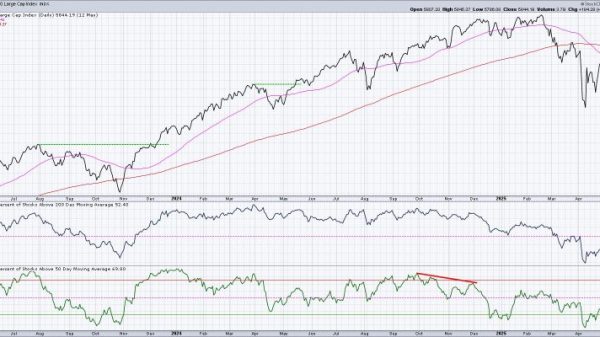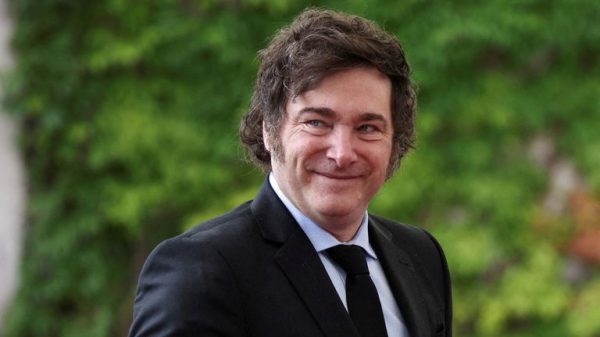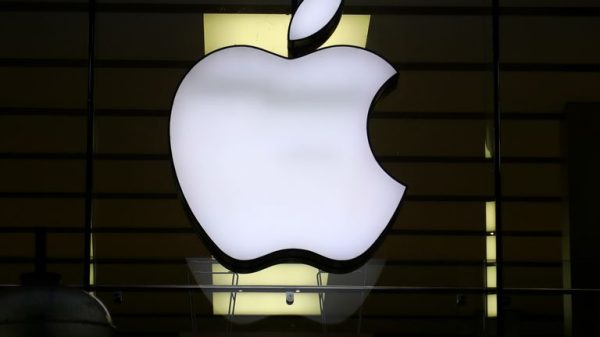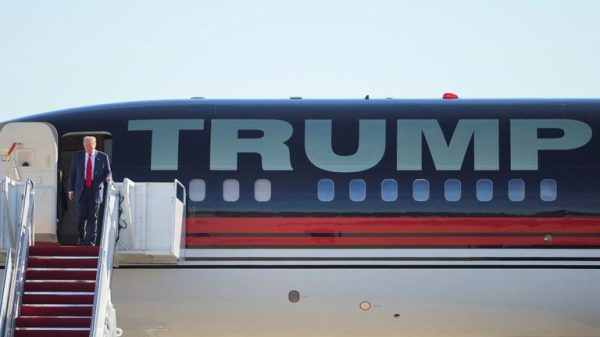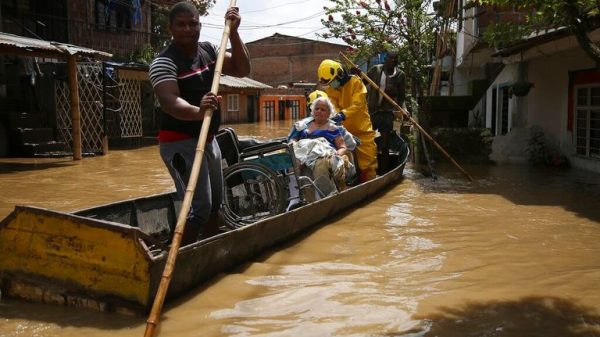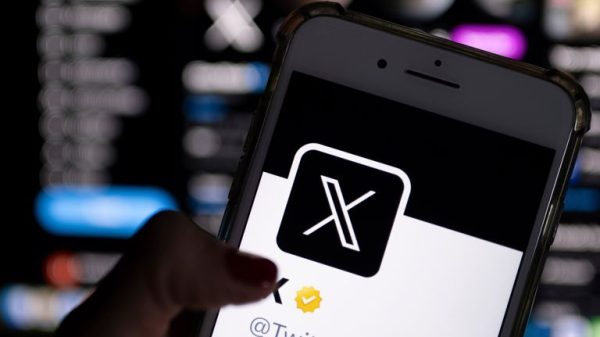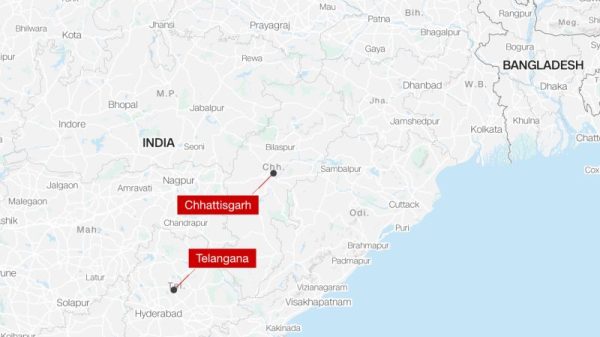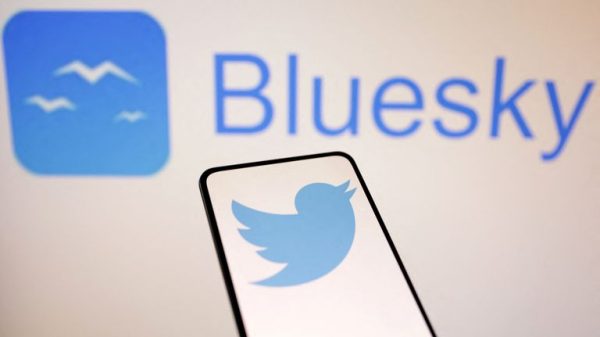It seems some parents in New Zealand just can’t get the message. Once again, King has topped the list of baby names rejected by the country’s Registrar General.
The royal title led the list of banned baby names for 14 years in a row until 2023 when it was replaced by Prince, which ranks second in the latest iteration.
Other regal references including Duke, Majesty and Emperor are also a no-go in the country, which polices birth names under its strict registration law.
New Zealand registered 60,000 births last year and rejected 38 proposed names, according to a letter from John Crawford-Smith, Principal Advisor of the Department of Internal Affairs, in response to a written inquiry.
Under the law, baby names must not be offensive, unreasonably long, or include numbers and symbols. They must also refrain from resembling official titles and ranks “without adequate justification,” according to the Births, Deaths, Marriages, and Relationships Registration Act 2021.
New Zealand is part of the British Commonwealth and a constitutional monarchy that calls Charles III its King. It’s not known if the 11 parents who applied to call their child King meant it as an ode to Charles, but all were asked to have a rethink, according to Crawford-Smith.
In 2024, more than 1,000 children in the United States were called King, according to the Social Security Administration. (Liam and Olivia were the top US names last year).
Most of New Zealand’s rejected names had royal links. Ten applications for Prince were rejected, followed by four for Princess. Names like Kingi, Kingz, Prinz, Prynce, and Royallty were also banned – potentially because department staff also consider how names sound when spoken when deciding if they’ll be approved.
Officials also consider community perceptions of the proposed name. That may be why other names, including Sativa and Indica, both strains of cannabis, were rejected.
Fanny, once a popular first name, was also declined.
Parents are given an opportunity to explain their rationale before the Registrar General makes a final decision. “We continue to urge parents to think carefully about names,” Crawford-Smith wrote in the letter. “Names are a gift,” he added.
New Zealand is not the only country that imposes laws to regulate newborns’ names.
In 2015, a French judge in the northern part of the country refused to let two parents name their child Nutella because of the risk of humiliation.
Sweden also has a naming law and has nixed attempts to name children “Superman,” “Metallica,” and “Brfxxccxxmnpcccclllmmnprxvclmnckssqlbb11116.”
In the United States, some naming fights have centered on adults.
In 2008, a judge allowed an Illinois school bus driver to legally change his first name to “In God” and his last name to “We Trust.”
But the same year, an appeals court in New Mexico ruled against a man – named Variable – who wanted to change his name to “F— Censorship!”





